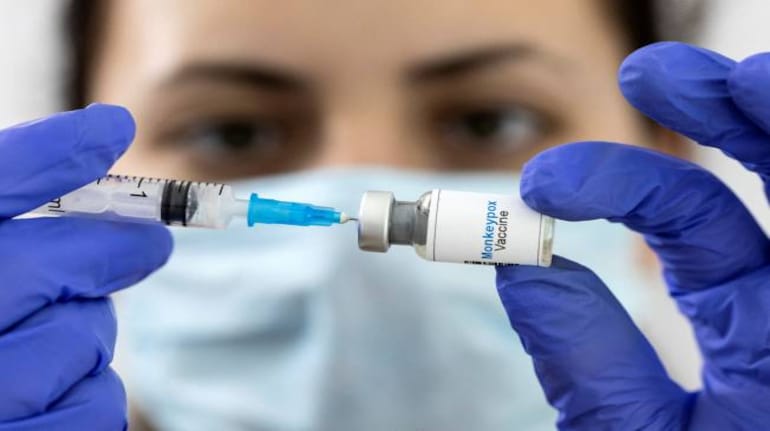



Acceptance of COVID-19 vaccines increased globally, from 75.2 per cent in 2021 to 79.1 per cent in 2022, according to a survey in 23 countries that represent more than 60 per cent of the world's population.
The study underlines a wide variability among countries and the need for tailored communication strategies in addressing vaccine hesitancy. It was led by the Barcelona Institute for Global Health (ISGlobal), Spain, and the City University of New York Graduate School of Public Health and Health Policy (CUNY SPH), US.
However, vaccine acceptance decreased in eight countries and almost one in eight vaccinated respondents, particularly younger men and women, were hesitant about receiving a booster dose, the study said. The findings have been published in Nature Medicine.
"The pandemic is not over, and authorities must urgently address vaccine hesitancy and resistance as part of their COVID-19 prevention and mitigation strategy," says Jeffrey V Lazarus, Head of the Health Systems Research Group at ISGlobal.
To do so effectively, though, policy-makers need solid data on vaccine hesitancy trends (whether it is decreasing or increasing and in which populations) and drivers (factors that influence vaccine acceptance, such as income or education), the study said.
To obtain these data, an international collaboration led by Lazarus and Ayman El-Mohandes, Dean of CUNY SPH, performed a series of surveys starting in 2020 across 23 highly populated countries that were hit hard by the pandemic. The data reported here correspond to the third survey conducted between June and July 2022, the study said.
The countries surveyed were Brazil, Canada, China, Ecuador, France, Germany, Ghana, India, Italy, Kenya, Mexico, Nigeria, Peru, Poland, Russia, Singapore, South Africa, South Korea, Spain, Sweden, Turkey, the United Kingdom, and the United States, the study said.
Of the 23,000 respondents surveyed, 1000 per country, 79.1 per cent were willing to accept vaccination. This finding represented an increase of 5.2 per cent from June 2021, the study said.
The willingness of parents to vaccinate their children also rose slightly, from 67.6 per cent in 2021 to 69.5 per cent in 2022. However, eight countries observed increased hesitancy from 1.0 per cent in the UK to 21.1 per cent in South Africa, the study said.
Almost one in eight, 12.1 per cent, vaccinated respondents were hesitant about booster doses. This hesitancy was higher among the younger age groups (18-29 years), the study said.
"We must remain vigilant in tracking these data, containing COVID-19 variants and addressing hesitancy, which may challenge future routine COVID-19 immunization programs," said Ayman El-Mohandes, senior author of the study.
The survey also provides new information on COVID-19 treatments received. Globally, ivermectin was taken with the same frequency as other approved medications, even though the WHO and other agencies do not recommend its use to prevent or treat COVID-19, the study said.
Almost 40 per cent of respondents reported paying less attention to new COVID-19 information than before and having less support for vaccine mandates, the study said.
Discover the latest Business News, Sensex, and Nifty updates. Obtain Personal Finance insights, tax queries, and expert opinions on Moneycontrol or download the Moneycontrol App to stay updated!
Find the best of Al News in one place, specially curated for you every weekend.
Stay on top of the latest tech trends and biggest startup news.